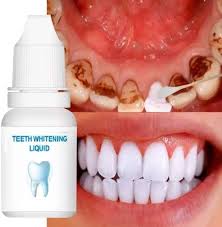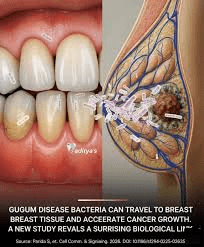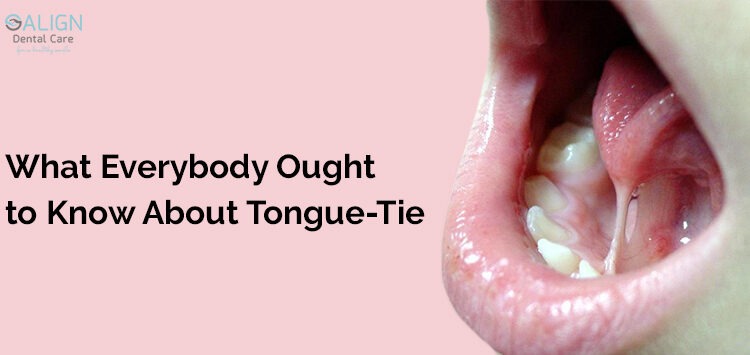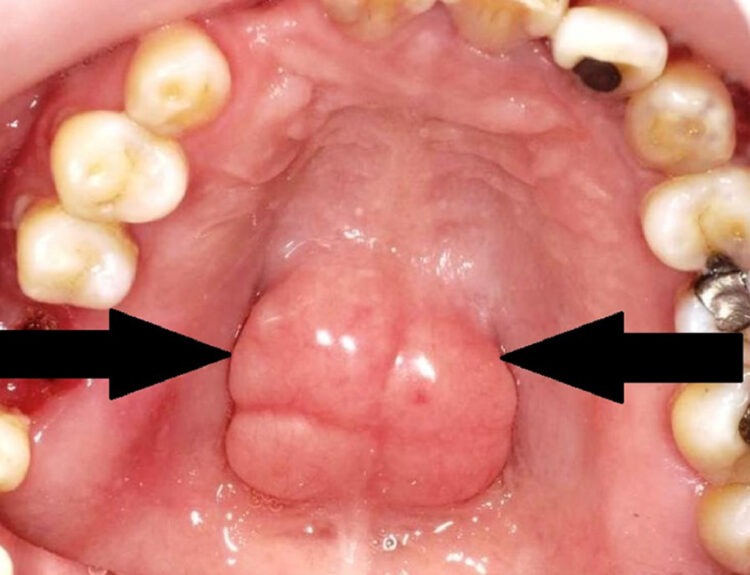Teeth whitening has become a popular cosmetic procedure, particularly among young individuals seeking a brighter smile. While it significantly enhances one’s appearance and boost self-confidence, it is essential to be aware of the potential side effects associated with this treatment.
Whitening agents can penetrate the enamel and reach the dentin, causing increased sensitivity to hot, cold, or acidic foods. This sensitivity may be temporary, but repeated or high-concentration treatments can lead to prolonged discomfort.
Whitening products irritate the gums if they come into direct contact. This may lead to redness, inflammation, or even painful sores. In severe cases, frequent exposure to whitening chemicals can lead to gum recession.
Overuse or high concentrations of bleaching agents can erode the enamel, the outer protective layer of the teeth. Thinner enamel can expose the yellowish dentin beneath, leading to a paradoxical darkening of the teeth over time and enamel loss is permanent. Whitening products may exacerbate pre-existing dental issues like cavities or exposed roots, leading to pain or damage.
Individuals having dental composite fillings, crowns, or veneers will often notice uneven results, as whitening agents only affect natural teeth. This can create a noticeable color difference and may require additional cosmetic procedures for consistency. Some whitening agents can weaken dental restorations by creating microscopic cracks or roughening the surface, which can shorten the lifespan of fillings, crowns, or veneers. Whitening agents negatively impact the bond between the veneer and the tooth. This is especially true if the veneers are placed immediately after whitening.
In rare cases, excessive whitening can weaken enamel, increasing the risk of decay. Consulting a dentist and using professionally recommended treatments can help minimize these risks.
Read our full disclaimer.




